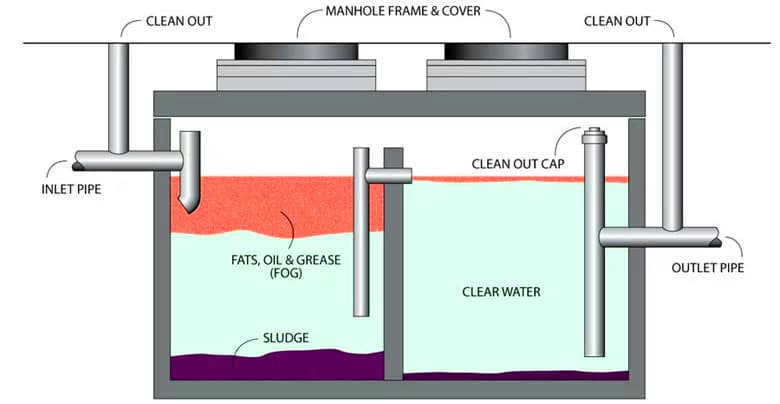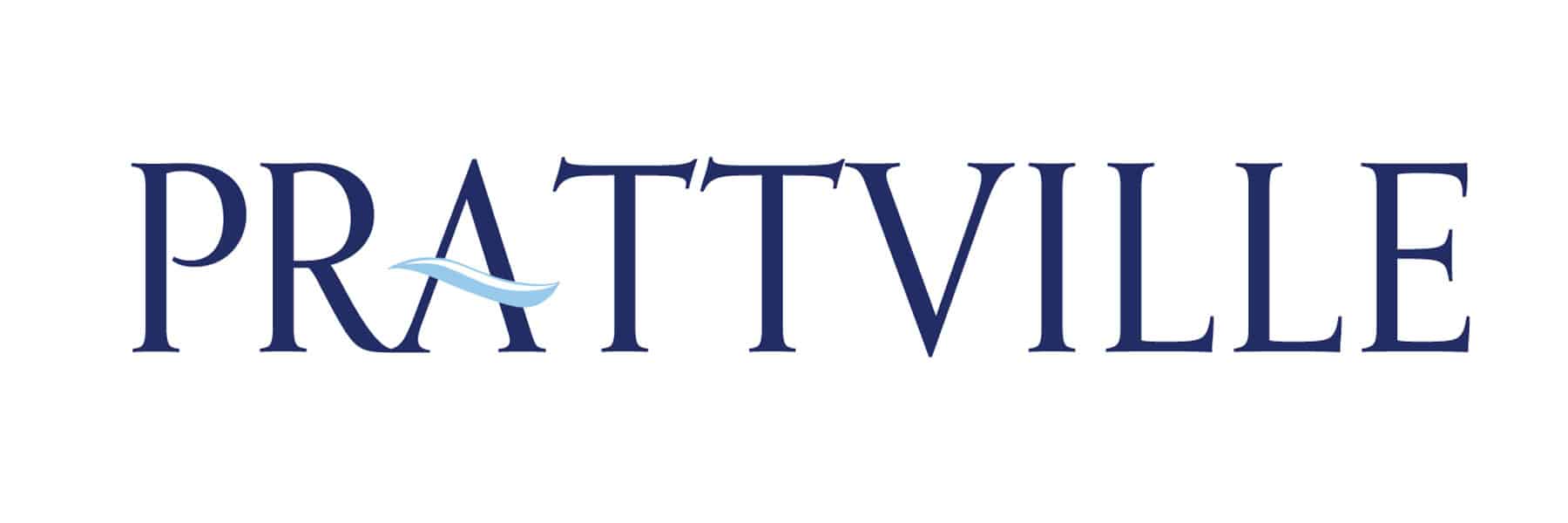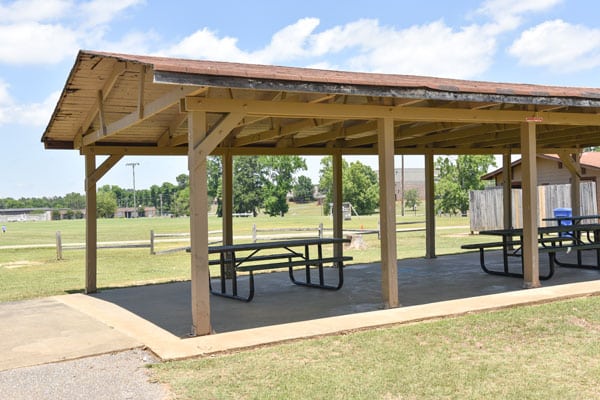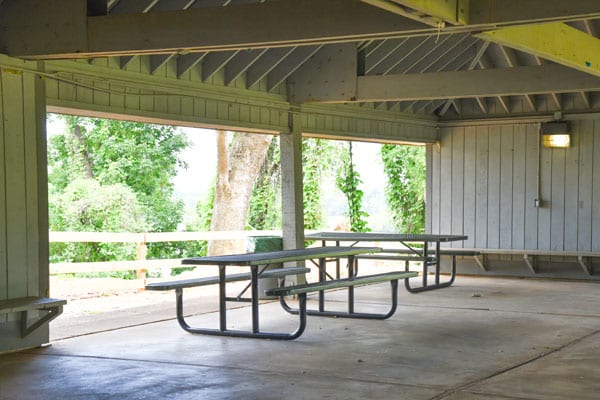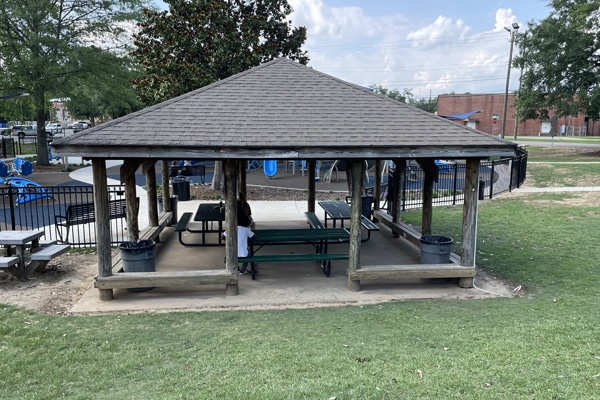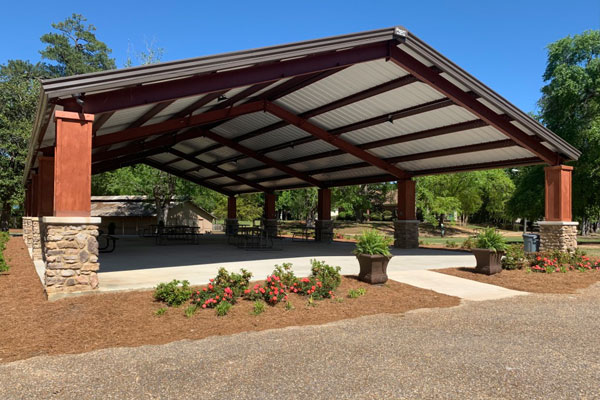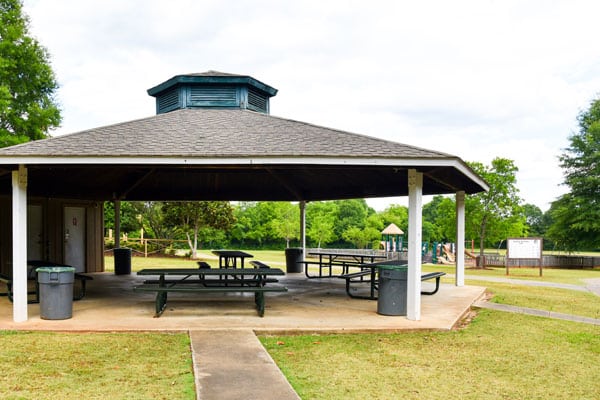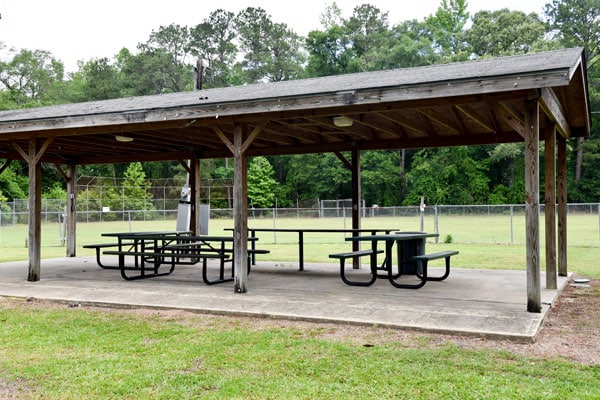RECYCLING GREASE
Nationally, forty-three percent of all sanitary sewer overflows are caused by blocked sewer mains. These blockages can cause an overflow into local streams, yards, and structures. Overflows are detrimental to the environment, distressing to local residents, and costly to the city in insurance claims and regulatory fees.
Locally, blockages are primarily caused by the build-up of hardened grease and oils. Grease enters the system from many sources, including individual households. As expected, the largest contributors are from local food service establishments, which include restaurants, grocery stores, nursing homes, etc. The grease and oil enter the system in a liquid state suspended in wastewater from dishwashers and wash sinks. As the suspended grease cools it solidifies, accumulating into a hardened mass that adheres to sewer pipes and equipment.
By establishing a schedule of regular inspection and cleaning, the Prattville Wastewater Division has made overflows a rare occurrence. These regular inspections reveal that mains serving concentrations of restaurants and hotels accumulate solidified grease at a faster rate than the system as a whole. Prattville’s building code requires the installation of grease interceptors (shown in the diagram below) or traps by any food service establishment. Better enforcement of the building code over the last decade has ensured that the facilities are present to trap grease before it enters the system. These interceptors are inexpensive to operate but require periodic cleaning to remain effective.
The Prattville City Council passed an ordinance on May 1, 2007, that requires the use of grease interceptors by food service establishments, requires the periodic cleaning and maintenance of interceptors, and provides city staff with a mechanism to monitor and enforce periodic cleaning. This ordinance was amended in 2022 to give the City of Prattville better enforcement capabilities for any establishment that does not have its grease trap maintained three times per year. The ordinance applies to all establishments that serve food. It applies to all new construction or renovations. All existing establishments were given a year from the date of passage to comply. The ordinance also contains provisions for establishments located where the standard grease trap would be difficult to install.
Implementation and enforcement of this ordinance, combined with the Wastewater Division’s existing inspection and maintenance schedule, has reduced the possibility of sanitary sewer overflows. At a minimum, implementation has reduced the time devoted to grease removal from the system.
Contact:
Jonathan Larkin
Assistant Director
Public Works
- 530 Doster Road Prattville, AL 36067
Hours:
- 7:00 a.m. - 4:00 p.m.
How A Grease Interceptor Works
A grease interceptor is a passive control device that is designed to help reduce fats, oils, greases, and solids from entering the sanitary sewer collection and treatment system. Grease interceptors hold the fats, oils, greases, and solids until they can be removed and disposed of by recycling, rendering, or land application.
- Grease interceptors allow wastewater flows to slow down
- With sufficient time fats, oils, greases, and solids separate from wastewater
- Fats, oils, and greases are less denis than water and float
- Solids are denser than water and sink
- Grease interceptors are designed in a variety of sizes, shapes, and constructed of various materials
*NOTE: Grease accounts for 90% of the blockages in sewer lines. Residents, please do not dump grease down your toilets or drains. It doesn't just clog City sewer lines; it also causes issues within the pipes that run throughout and from your residence.
